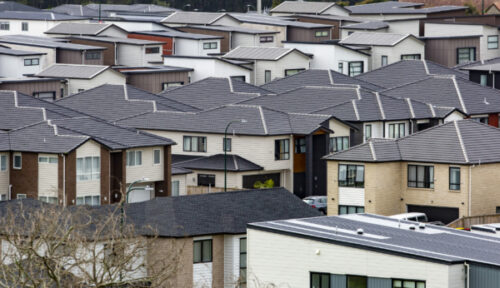
Are you covered by the Residential Tenancies Act? Does it matter?
Yes it does matter. If you have a dispute then you need to be certain you know whether you are, boarder, flatmate or tenant.
If you wrongly identify yourself and choose the wrong Tribunal then you will need to start again, you will lose time resolving the problem.
The Disputes Tribunal hears cases involving flatmates who are not named on the tenancy agreement but share a house (that is not a boarding house) or apartment with others, and contribute to the rent, utilities and chores or pay rent to share a house or apartment with the landlord, or a member of the landlord’s family.
It also hears cases involving boarders who do not live in a boarding house.
The Tenancy Tribunal hears cases if you are a tenant and you rent a property from a landlord, and the landlord does not live on the same property.
You should have a written tenancy agreement signed by both you and your landlord.
It also hears cases involving boarders who live in a boarding house.
Boarding houses are covered by the Residential Tenancy Act if they have facilities for joint use by the tenants (for example, a shared kitchen) and they are occupied, or are intended to be occupied, by at least six tenants at once and tenancies are intended to last 28 days or more.
But if the boarding house is one where the landlord lives on the property or it is a family situation then the Residential Tenancy Act does not apply.
Any disputes under this arrangement will be resolved by the Disputes Tribunal.
The Tenancy Services’ website, www.tenancy.govt.nz, has helpful templates to assist in writing an agreement in the situations outlined in this article.
- This Solutions Column has been compiled by Brian and is a regular Times editorial from the Pakuranga Citizens Advice Bureau. Email enquiries.pakuranga@cab.org.nz or visit us at the Pakuranga Library Building at Pakuranga Plaza, or phone 576 8331, and at Botany Citizens Advice Bureau, rear food court entrance, Botany Town Centre, phone 271 5382, text/call WhatsApp 028 438 2188 or 0800 367 222 for free, confidential and informative help.






